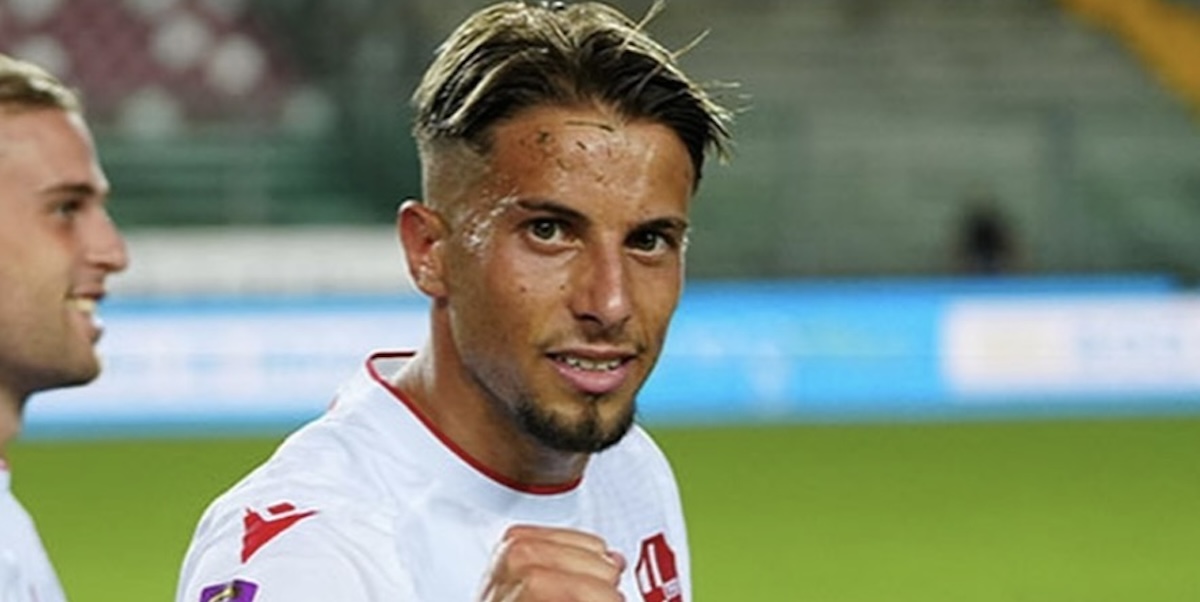In recent days, Italian football has been shaken by news that has sparked a heated debate on morality and ethics in sports. Michael Liguori, a forward for Padova, was convicted on Thursday, October 10, of sexual assault on a 14-year-old minor, a crime that occurred in 2018. At the time of the incident, Liguori was 18 and played for the Abruzzese team Notaresco, which is why he was tried by the court of Teramo. What has caused even more controversy following the ruling is the club’s decision to regularly include him in the squad for matches, even after his conviction.
The first-degree sentence represents, legally, only an initial step, though already significant and official, in a longer process that will likely involve at least two more levels of judicial review. As a result, the club has taken no immediate position, issuing a clear statement: “President Francesco Peghin and CEO Alessandra Bianchi have declared that the club will not make any judgments on the matter until a final, definitive ruling has been made.” The club’s decision to continue playing Liguori as if nothing had happened has sparked outrage among fans, the media, and various women’s rights advocacy groups. Many have questioned how an athlete with such a conviction can still represent a professional team.
One of those speaking out was Chiara Gallani, a member of the left-wing Civic Coalition. “Faced with such a serious conviction, even if it is only first-degree, the club could and should have sent a different message, at the very least showing more sensitivity, not only towards the alleged victim but also to the cultural context we are trying to build. A context in which more and more attention must be paid to gender violence and femicide.”
This situation has ignited a debate about the need for stricter rules on how to manage athletes involved in such serious crimes. The Liguori case has also highlighted the lack of a clear ethical code within many sports organizations. While there are strict regulations regarding doping and sporting violations, issues related to violence and abuse often seem to take a back seat. Sports associations, both large and small, should consider how to address these situations more effectively and sensitively.


